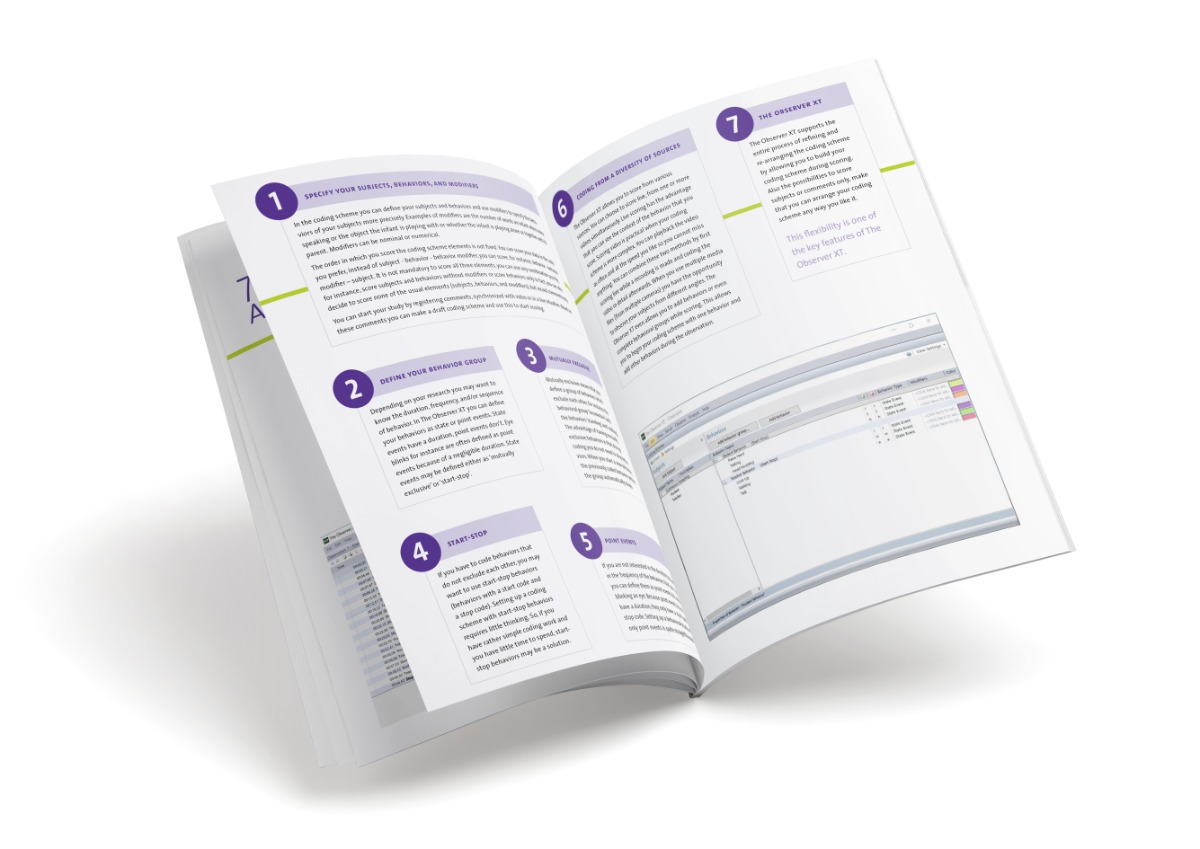
Healthcare communication - dealing with emotions
The importance of dealing with emotions in medical encounters
Unfortunately, sometimes doctors have to give bad news to their patients. Communication studies have shown that breaking bad news is best be done immediately and with clear wording.
What is the best step forward?
From previous research, we know that hearing bad news evokes physiological arousal. In an aroused condition, it can be hard to stay focused. The information density of a medical encounter can be quite overwhelming. Since doctors explain treatment options and implications in a medical encounter, it is important that the patient recalls the information given to be able to take a well-founded decision.
In a recent study, researchers gave the following advice: Clinicians should deal with patients’ emotions before providing additional medical information (Sep et al., 2014).
Affective communication
Milou Sep and colleagues explain how behavioral research techniques can help us understand and improve doctor-patient interaction. According to Sep and colleagues, a doctor can influence the information recall by using affective communication. When reassuring the patient and focusing on continued support, the doctor can help decrease evoked physiological arousal. Decreased physiological arousal then improves the level of information recall.
Observe reactions
In their paper, Sep et al. explain that they chose to observe and measure the response of analogue patients because of ethical reasons. Analogue patients are healthy subjects who rate video recordings of medical consultations while empathizing with the patient on screen. This method has been tested and found reliable as a way to assess doctor-patient communication. A total of fifty participants were asked to watch a video in which a patient was informed about a diagnosis of incurable cancer. In order to understand the influence of affective communication on patients, their Skin Conductance Level (SCL) was measured and they were asked to recall information from the consultation. Two videos were created: one standard and one affective communication video. In these videos, several moments were of interest. For example at T1, the clinician disclosed the bad news. Later on, the affective communication of the clinician differed. In the test group, the clinician added empathetic remarks such as “We will do and will continue to do our very best for you…” in the conversation and focused on reassurance and ongoing support.
Deal with the patients’ emotions
After the consultation, the analogue patients took off the SCL measurement equipment and were asked to fill in a recall questionnaire. Analyzing the physiological arousal, Sep and colleagues conclude the level of arousal decreased in the group where the clinician dealt with patients’ emotions by using affective communication. Because physiological arousal was objectively measured using BioPac and The Observer XT equipment, the researchers see a clear advantage over studies where researchers relied on self-reporting.

Research in hospitals
These findings suggest that clinicians need to deal with patients’ emotions before providing additional medical information. In order to take this one step further, the researchers explain that it is important to test affective communication in other medical encounters. If it’s not a real consultation, then a simulated event might give even more insight into doctor-patient interaction. Moreover, non-verbal behavior can also be taken into account.
Free case study
Interested? Read on! Observe doctor-patient interaction to learn more about dealing with emotions, non-verbal communication, and patterns in behavior. The research area of clinical communication has over the last thirty years grown both in the number of publications and in importance in health research. Studies of the psychophysiology of clinical communication may be useful in the process of quality improvement in health care. Download the free case study and learn more!
Reference
Sep, M.S.C.; Osch, M. van; Vliet, L.M. van; Smets, E.M.A.; Benzing, J.M. (2014). The power of clinicians’ affective communication: How reassurance about non-abandonment can reduce patients’ physiological arousal and increase information recall in bad news consultations. An experimental study using analogue patients. Patient Education and Counseling, 95, 45-52.
Get the latest blog posts delivered to your inbox - every 15th of the month
more

The influence of ad-evoked emotions on brand attitudes
Can brand authenticity generate positive emotions among consumers and turn into a positive brand attitude?
Emotional responses to winning a paralympic medal
Guest blogger Jeffrey J. Martin conducted a study to examine the emotional reactions of Paralympians right after winning a medal, using automated facial expression analysis.

